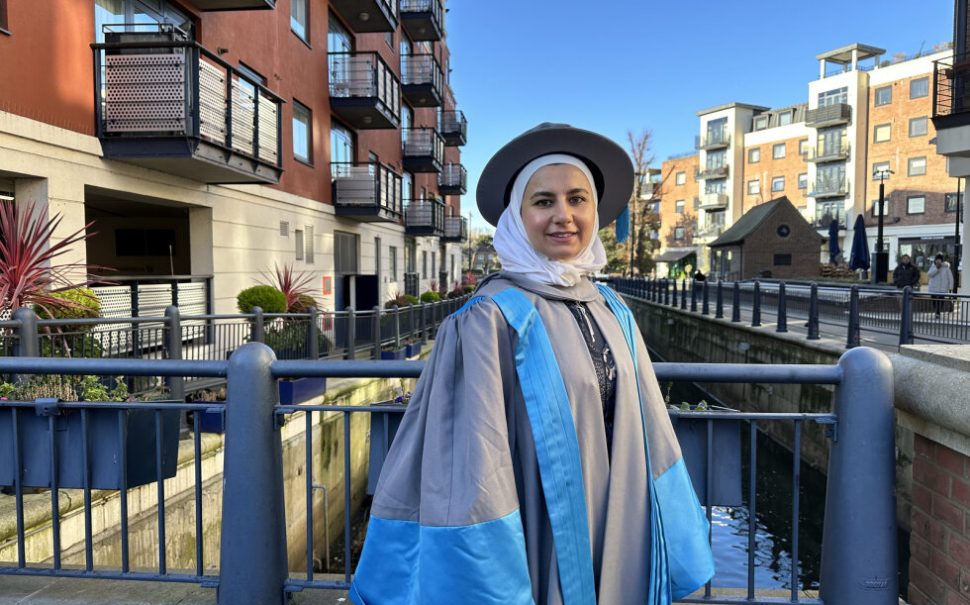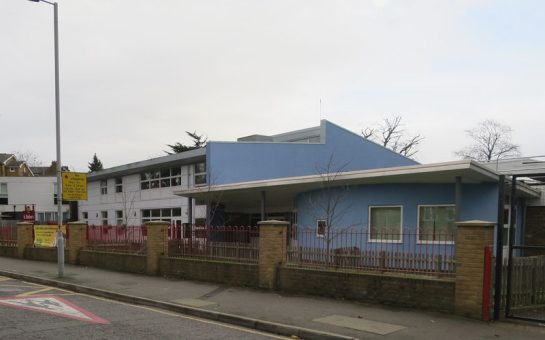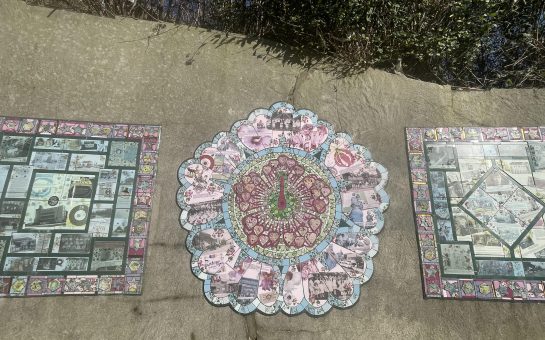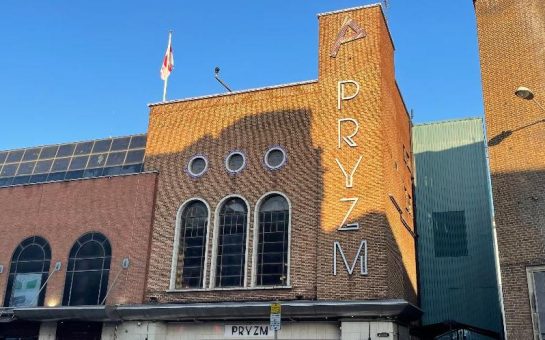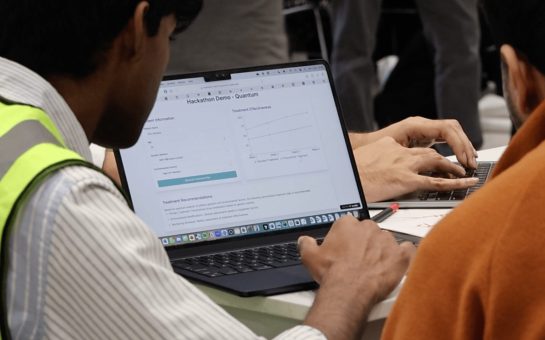A Syrian scientist was awarded a PhD from Kingston University in January, four years after fleeing her home nation due to ongoing conflict.
Dr Razan Abbara’s research studied the evolution of antibiotic resistance, having started her academic journey over a decade ago in Syria.
She completed an undergraduate degree in pharmacy and pharmacology, and then a master’s degree in immunology and haematology in 2017, but it became impossible to continue her work in her home country.
Dr Abbara explained: “Due to the outbreak of the war in Syria in 2011, my master’s took longer than usual to complete.
“It took me about six years to finish it.
“It was becoming increasingly challenging to be an academic in Syria and advance my career.”
While in Syria, Dr Abbara came across CARA (the Council for At-Risk Academics), which helps academics find temporary refuge in universities overseas if they are forced to flee their home country.
CARA was founded in 1933 by a group of Britain’s leading academics and scientists in response to Hitler’s expulsion of hundreds of scholars from German universities on racial grounds.
With CARA’s help, Professor Mark Fielder at Kingston University helped Dr Abbara secure a fully-funded scholarship through the University’s Gangolli scholarship, which supports first-generation MSc students in the School of Life Sciences, Pharmacy and Chemistry.
Dr Abbara said: “I was not able to fund myself internationally to do a PhD, and it was not possible to do one in my home country due to the economic conditions.
“Without this scholarship, I wouldn’t have been able to do any PhD.
“The scholarship supported me with my tuition fees and my living expenses.”
According to CARA’s annual report, their Syria Programme works with over 200 Syrian academics in exile, mostly in Turkey.
However, the severe earthquakes in southeastern Turkey in early 2023 left many of the Programme participants destitute and homeless.
CARA’s partners managed to raise over £140,000 to provide emergency assistance, highlighting the invaluable support they give to academics faced with challenges out of their control.
Even those who gain refuge overseas have faced difficulties, such as the COVID-19 pandemic which impacted Dr Abbara when she came to Kingston University in late 2019.
Her supervisor Professor Fielder explained: “She weathered the storm, and I could see her growing during a difficult period.
“As soon as she was able to be back in the laboratory again, she absolutely flew.
“Her PhD is incredibly well deserved and I can only see her going from strength to strength in her future career.”
Dr Abbara’s PhD thesis examined the genetic mutations present in difficult bacterial species and how this makes them resistant to antibiotics.
She said: “I found that each microbe behaves differently to stress from each other.
“In the same way that one individual person may behave differently in response to stress to another, microbes have their own response.
“More work needs to be done to find new antibiotics or new ways to reverse antimicrobial resistance.”
Feature image credit: Kingston University
